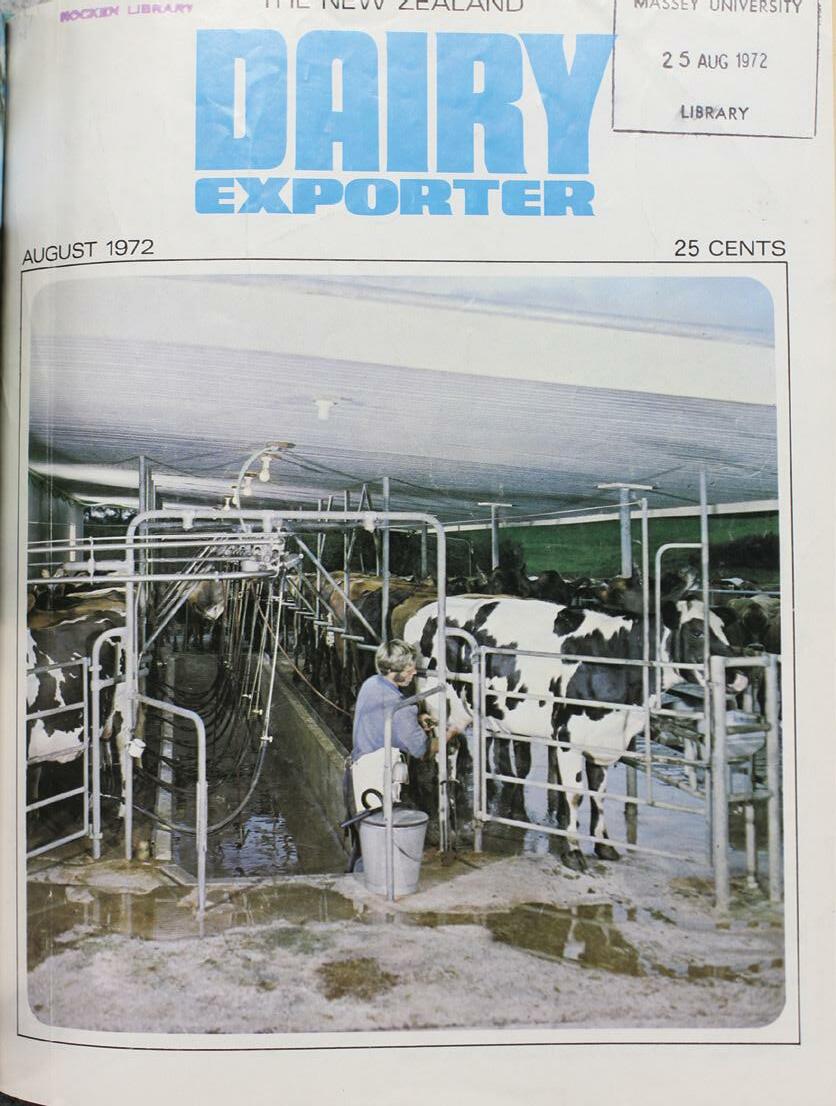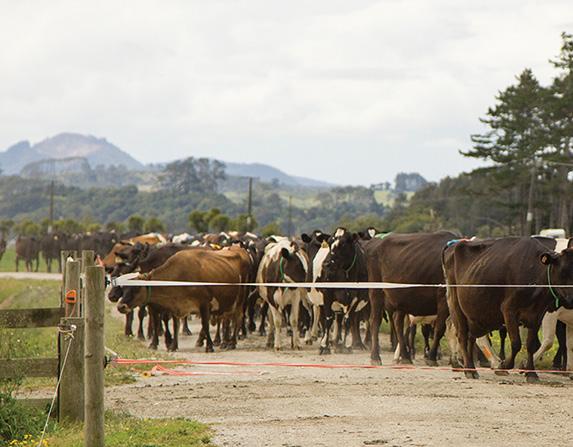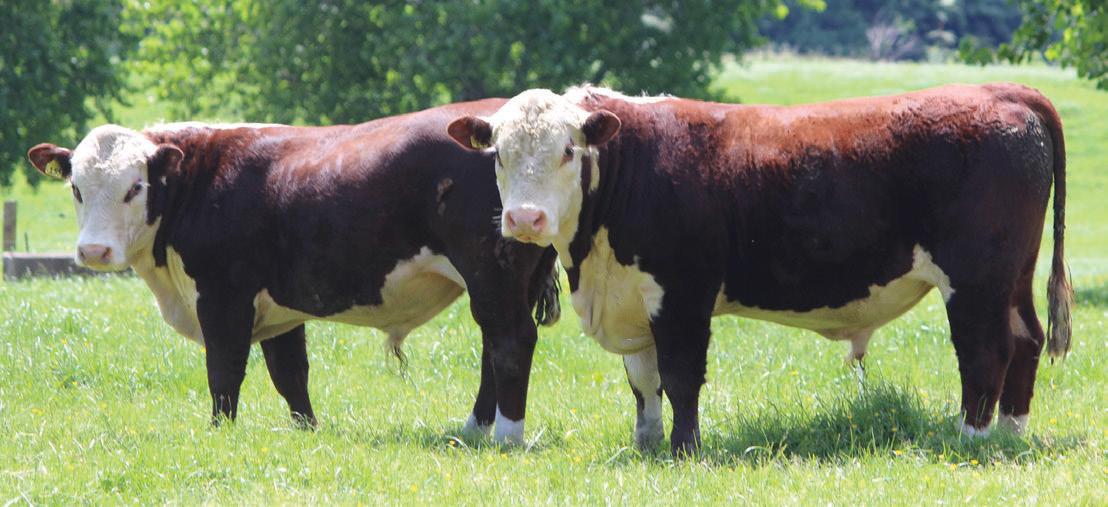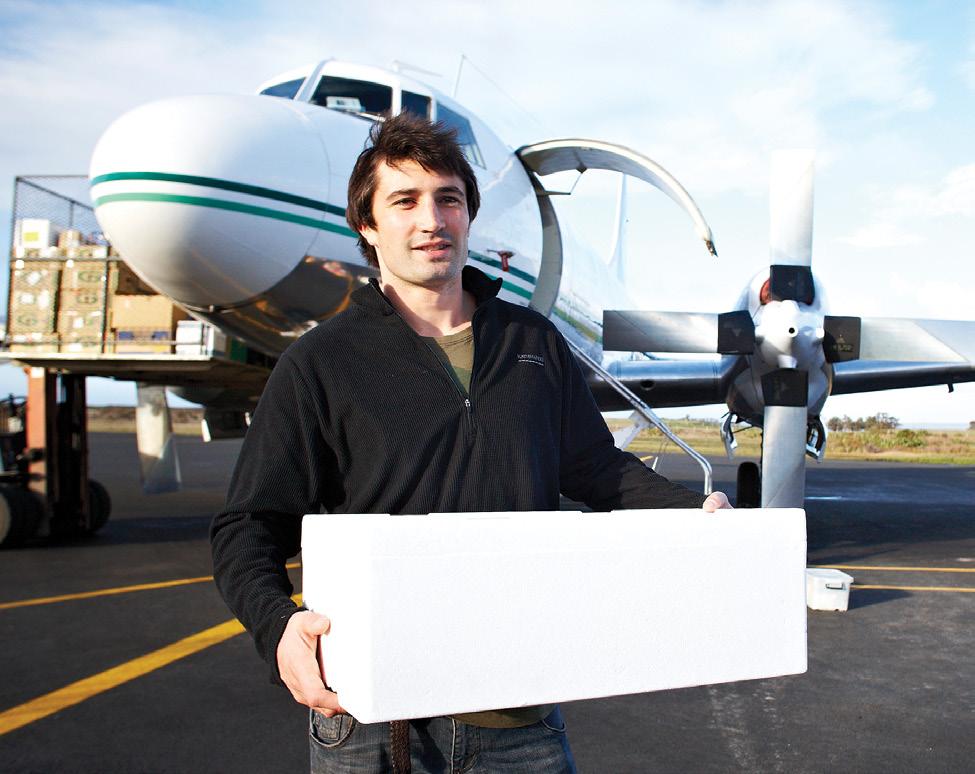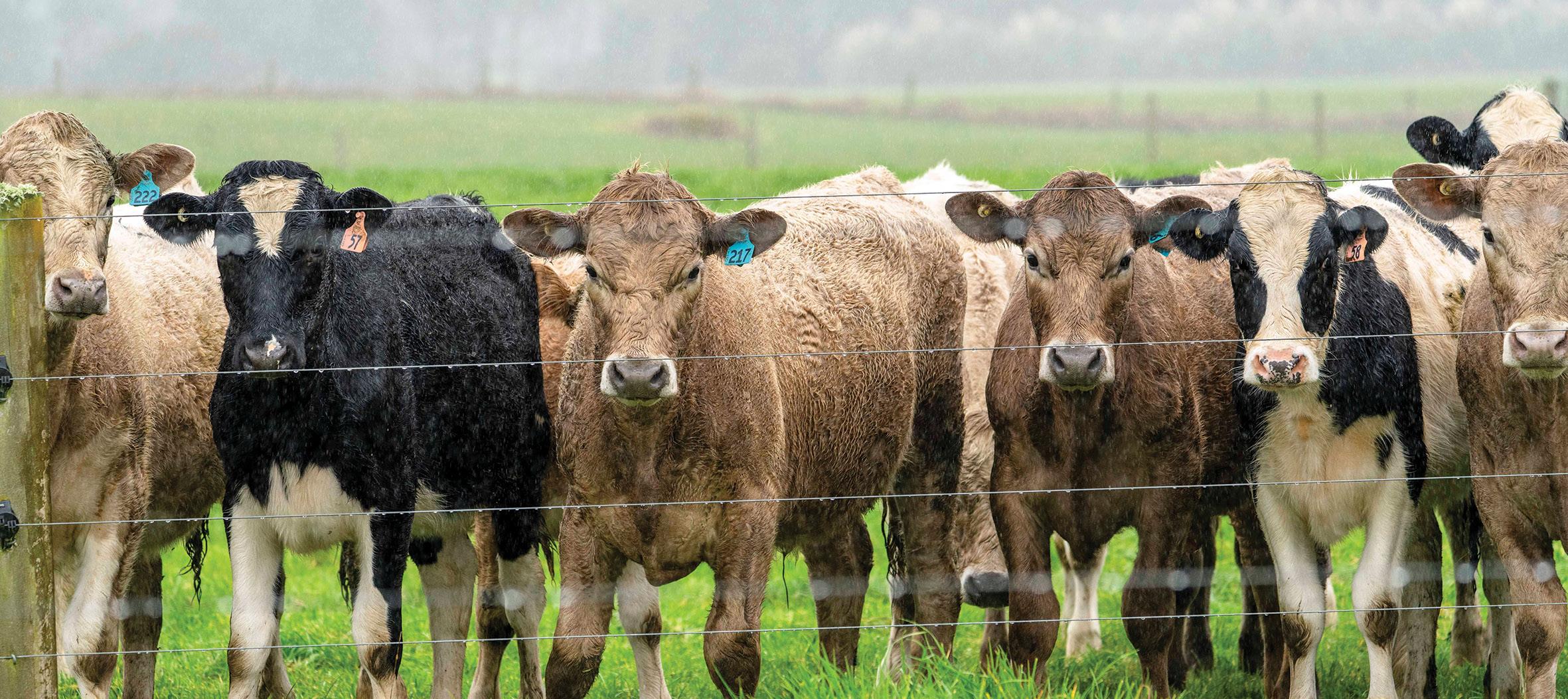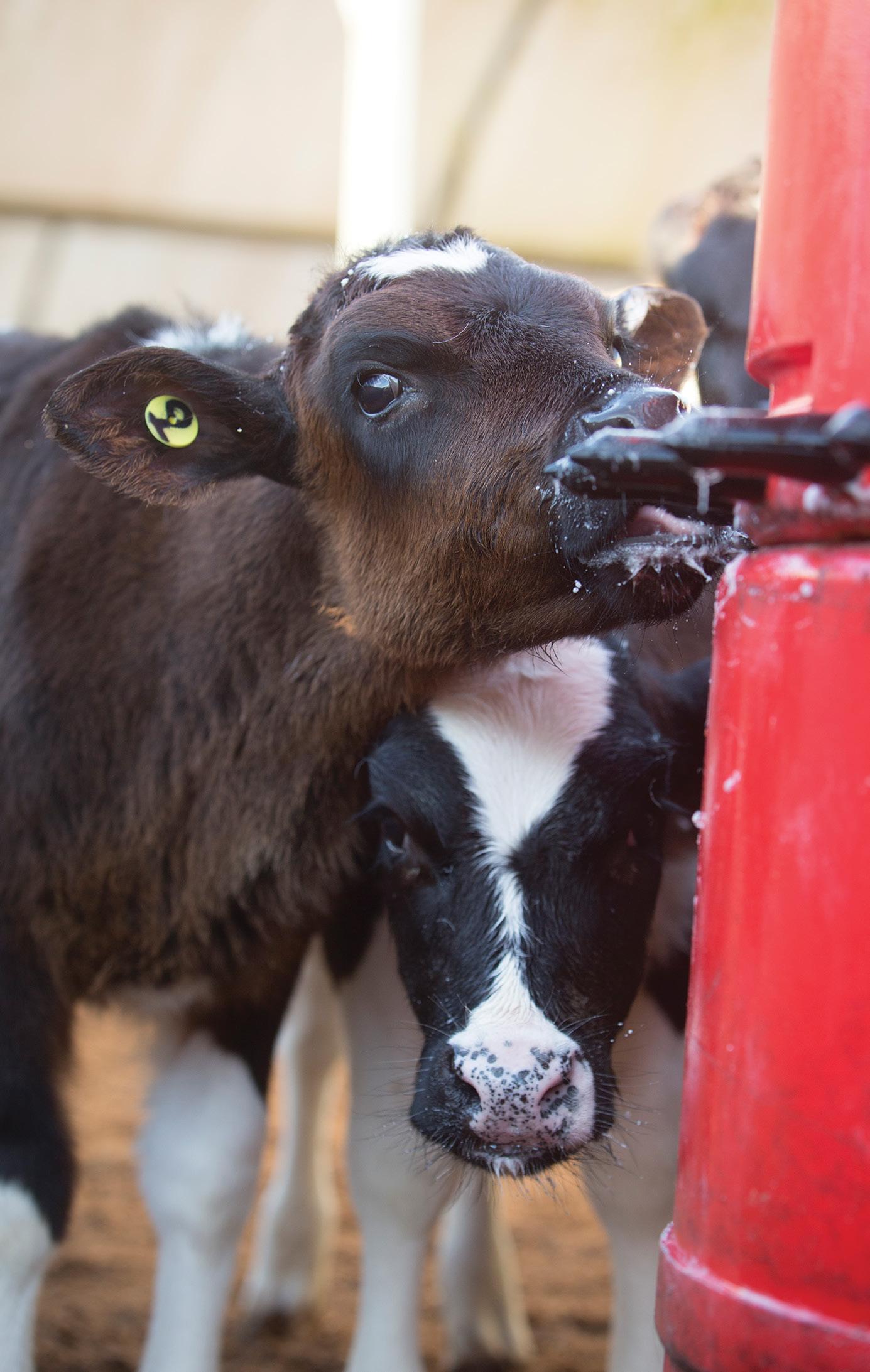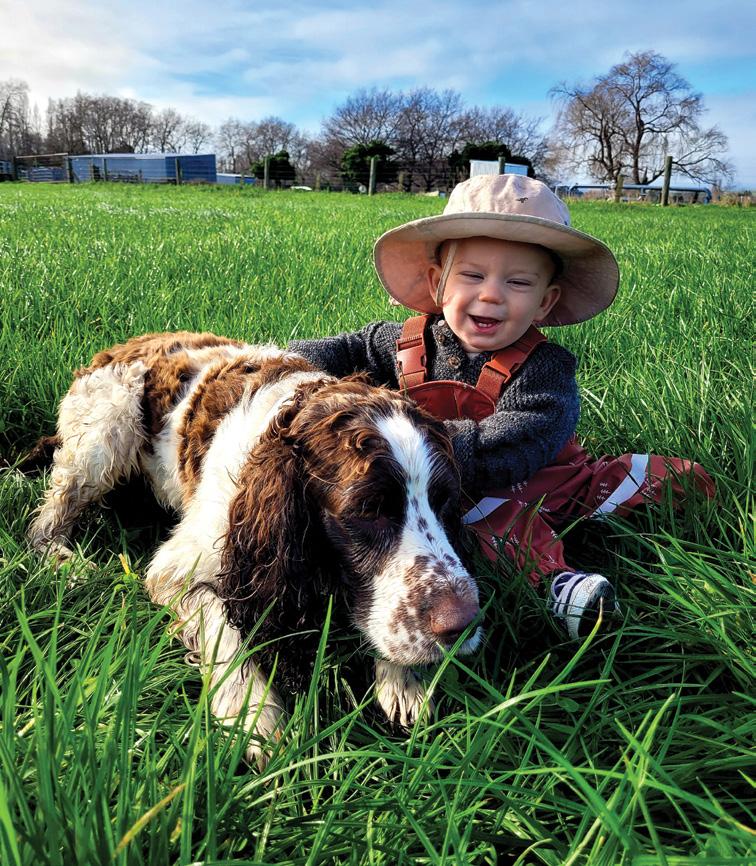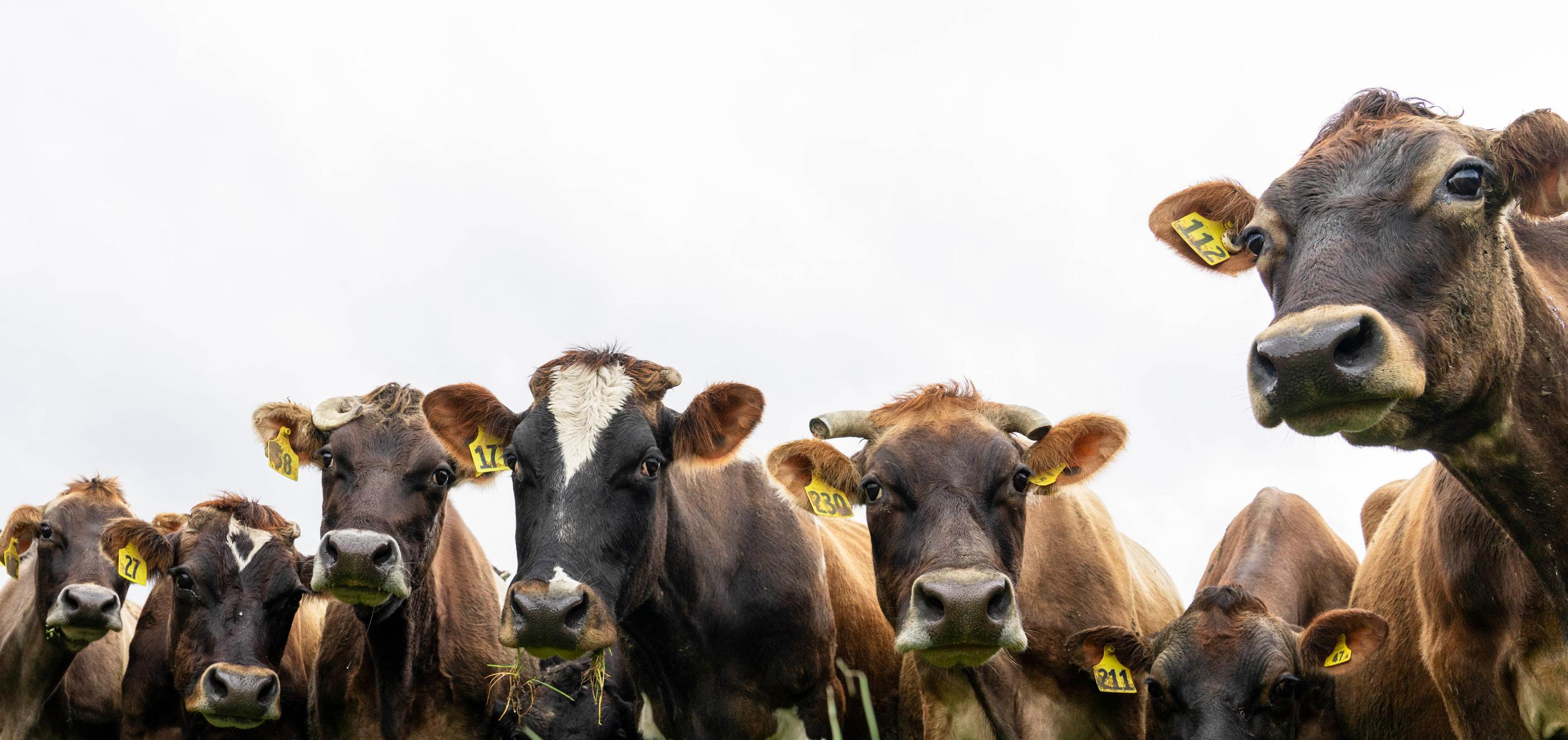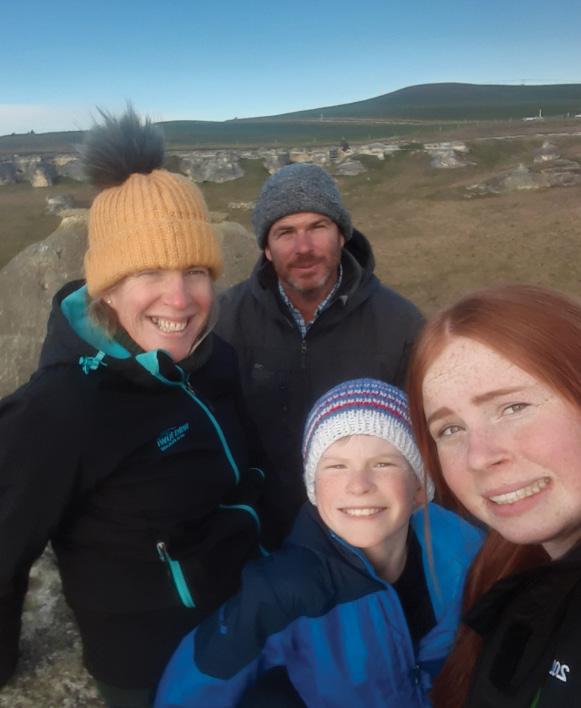BUSINESS PROFITABILITY
PELLETS AND PAKIHI A Takaka Valley farm is consistently at the top of the region’s operations for profitability, Anne Hardie writes.
32
F
or the past five years, Rosser Holdings in Golden Bay has consistently been one of the most profitable dairy farms in the Top of the South’s DairyBase data, reaching $3449/hectare last year compared with the average of $2319/ha. On a cold July day, the Rossers were one of two farms in the bay to open their gates for a field day to explain how they balanced production and costs to lift profit for their business which is owned and managed by Roger and Shirley Rosser, with their son Robert and his wife, Cindy. The business near the top of the Takaka Valley encompasses a 165ha milking platform and an adjoining 85ha support block where the cows winter for six weeks. Between 530 and 535 cows are milked through the season which is close to 3.1 stock units per hectare. The herd consistently produces about 220,000kg milksolids (MS) through efficient grass utilisation and also up to 380 tonnes of pellets fed in the dairy. The most recent data was evaluated from the 2020-21 season which showed the Rosser family produced an operating profit of $2.56/ kg MS compared with the benchmark of
$2.29/kgMS to give an operating profit margin of 31.4% compared with the benchmark of 28.9%. Operating expenses for that season on the farm was $5.59/kg MS compared with the benchmark of $5.63/kg MS. During that season, the farm harvested 12.4t DM/ha compared with the benchmark of 11.1t DM/ha and pasture made up 76% of the cows’ diet. The barley-based pellets have been a consistent addition to the cows’ diet on the Rossers’ farm and despite the cost of the imported feed, it is part of the equation to successfully achieve high profit. The cost keeps going up though and Robert acknowledges the sight of a truckload of pellets showing up at the farm scares him sometimes because he knows how much that truckload costs. Freight alone costs $117/t for the truckload so he reckons you might as well buy a good pellet. That said, the price for pellets has risen by 30% in the past year to $670/t which makes budgeting difficult. If more Canterbury farmers switch from palm kernel to barley, he expects the price to continue to rise. But he likes the barley pellets and they have worked well for cow nutrition as well as cow flow.
Dairy Exporter | www.nzfarmlife.co.nz | August 2022

